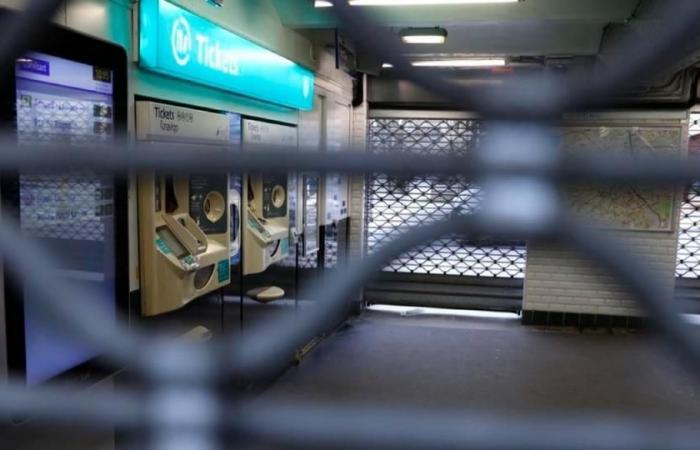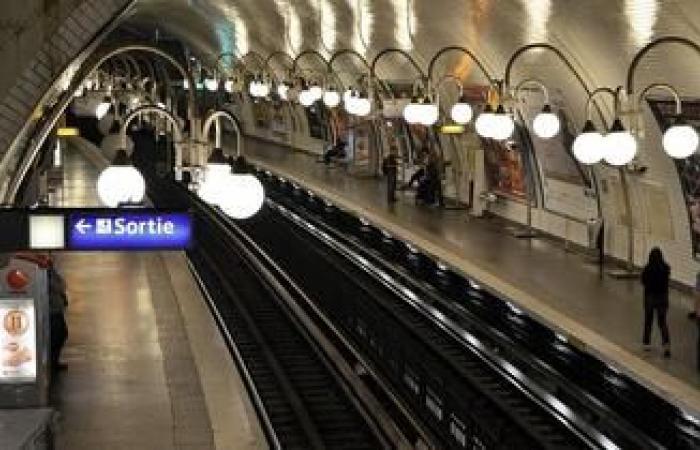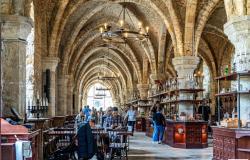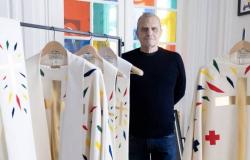Several metro stations will be closed in December, notably for the modernization of railway signaling installations.
Actions that contribute to improving passenger service. As Paris approaches the end of year celebrations, Île-de-France Mobilités has planned the closure of several metro stations in December, with a view to modernizing the capital's transport network.
Here are the stations affected by this preventive closure:
Line 6
On Sunday, December 8, all day, traffic will be interrupted between the Charles de Gaulle – Etoile and Trocadéro stations. Replacement buses will be put in place: at Charles de Gaulle – Etoile, direction Trocadéro, first and last departure at 5:45 a.m. and 1:15 a.m. and the second bus at Trocadéro, direction Charles de Gaulle – Etoile, first and last departure at 5:30 a.m. and 12:45 a.m.
This traffic interruption is explained by the continued deployment of new generation MP89 trains. The adaptation of the infrastructure to this new rolling stock and the modernization of the installations will be completed by 2026 with, on the one hand, the modification of the railway signaling installations in the Nation and Charles de Gaulle Etoile zones and, on the other hand, On the other hand, online tests of the new train control system, according to the RATP website.
Line 12
Due to modernization work, traffic will be interrupted on all metro line 12, on Sundays December 8 and 15, 2024, from 10 p.m. to the end of service.
Line 14
Since September, modernization work has resumed on line 14. Thus, traffic is interrupted until December 19, 2024: every Monday, Tuesday, Wednesday and Thursday evening, from 10 p.m. Please note that other interruptions are expected from January 2025.
Many alternative routes will be available, including a replacement bus which will run between Gare de Lyon and Olympiades stations and Noctilien buses operating every night.
“However, the complete modernization of line 14 and its control system still requires work and tests. These will make it possible to test additional functionalities of the new system in real conditions to make it even more efficient. For technical and safety reasons, these tests must be carried out outside of passenger traffic, and therefore require interruptions in the evenings and on certain Sundays or public holidays until the year 2025,” specified the RATP. .







